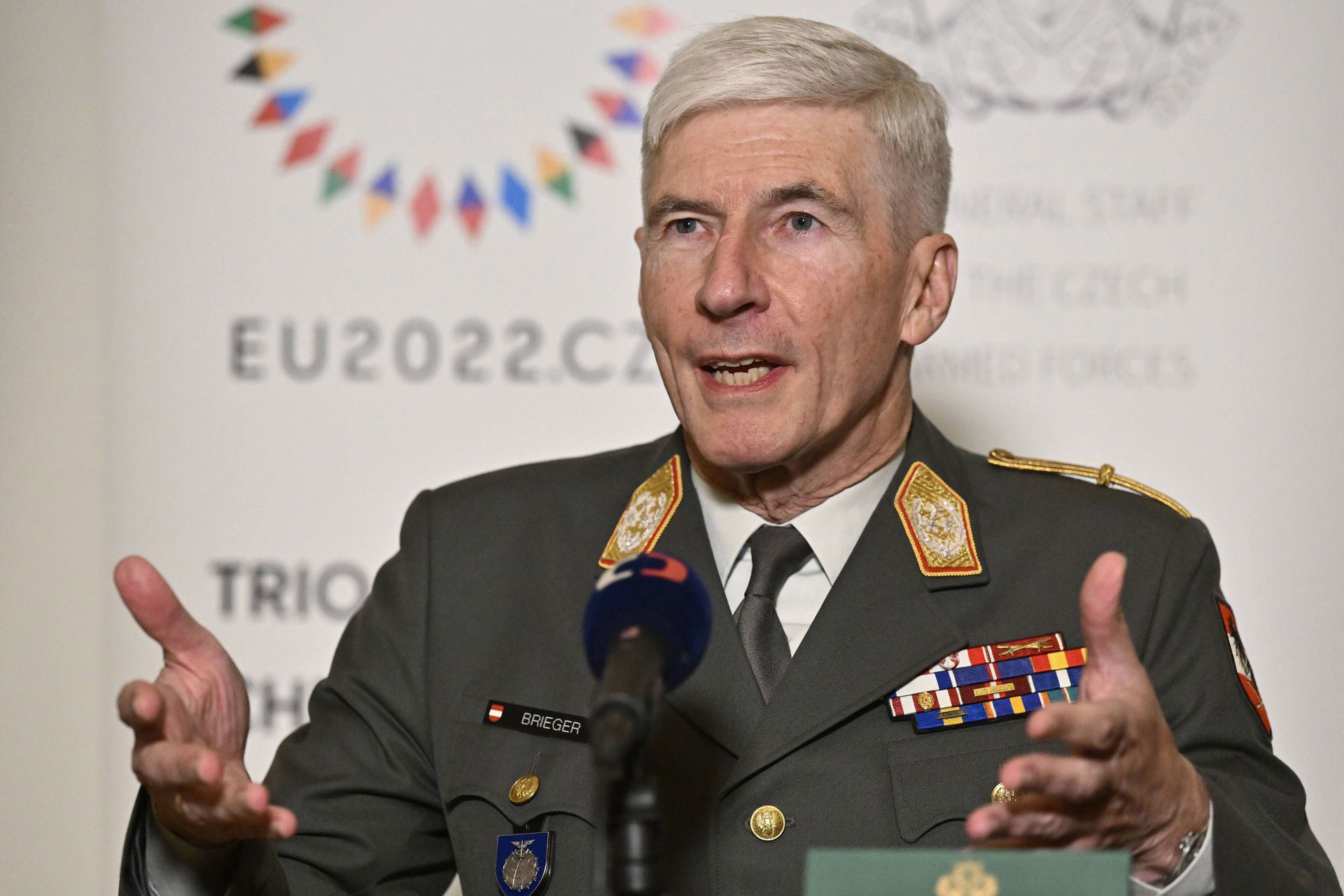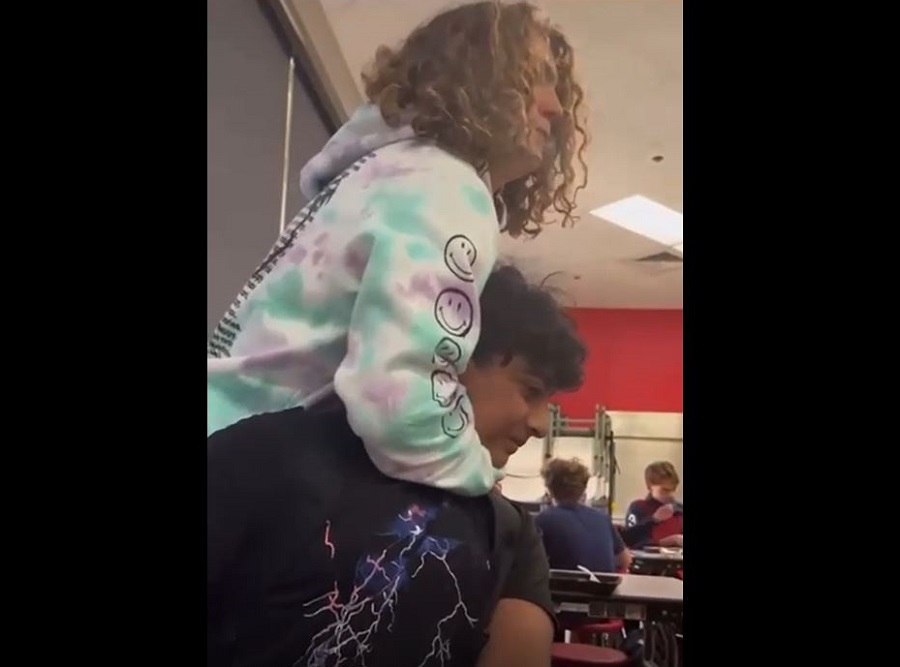Uber's Kalanick Admits Abandoning [Product/Strategy] Was A Mistake
![Uber's Kalanick Admits Abandoning [Product/Strategy] Was A Mistake Uber's Kalanick Admits Abandoning [Product/Strategy] Was A Mistake](https://lc2.ca/image/ubers-kalanick-admits-abandoning-product-strategy-was-a-mistake.jpeg)
Table of Contents
Kalanick's Admission and its Significance
Kalanick's statement regarding Uber Eats' initial strategy, while not explicitly detailed in a public forum, has been alluded to in several interviews and industry analyses. While no direct quote exists confirming a specific regret regarding restaurant partnerships, the general consensus among analysts is that a focus on rapid expansion and broader diversification came at the cost of nurturing key early restaurant partnerships. This reveals a critical flaw in Uber's internal decision-making process, prioritizing aggressive growth over sustainable, relationship-driven success. The admission, even implicit, carries significant weight, potentially impacting investor confidence and public perception of Uber's strategic acumen.
- Analysis of significance: The admission underscores the importance of long-term strategic partnerships in building a robust and sustainable business model within the competitive food delivery landscape.
- Impact on investors and public perception: This perceived strategic misstep could lead to renewed scrutiny of Uber's decision-making processes, impacting investor confidence and potentially affecting the company's valuation.
The Abandoned Uber Eats Strategy: An Initial Focus on Restaurant Partnerships
Uber Eats' initial strategy heavily emphasized forging strong relationships with restaurants. This wasn't merely about listing them on the app; it involved creating exclusive deals, co-branded marketing campaigns, and fostering mutually beneficial agreements. This approach, in its early stages, proved effective, generating brand recognition and strong initial growth. The initial focus laid a groundwork for long-term success by leveraging the established reputation and customer bases of well-known restaurants.
- Benefits of the initial partnership strategy: Exclusive deals with popular restaurants provided Uber Eats with a competitive edge and enhanced brand appeal, attracting customers seeking convenience and specific culinary experiences.
- Resources invested: Significant resources were allocated to cultivating these partnerships, including dedicated account managers, targeted marketing campaigns, and technology integration to streamline ordering and delivery.
- Early Market Share: Although precise early market share data for Uber Eats is difficult to find due to early-stage data scarcity, anecdotal evidence and industry reports suggest promising initial growth fueled by restaurant partnerships.
The Shift in Strategy and its Negative Consequences
The shift away from prioritizing restaurant partnerships stemmed from several factors, including intense competition from other food delivery services, pressure to rapidly expand into new markets, and a broader strategic pivot towards broader diversification. However, this shift had significant negative consequences. Uber Eats arguably spread its resources too thin, neglecting the cultivation of established relationships in favor of rapid expansion.
- Impact on market share: The shift coincided with a period of increased competition and a decline in Uber Eats' relative market share compared to competitors such as DoorDash and Grubhub.
- Missed opportunities: The focus on rapid expansion may have caused Uber Eats to miss opportunities to deepen existing relationships and secure more advantageous deals with key restaurant partners.
- Financial implications: Although quantifiable financial losses directly attributed to this strategic shift are difficult to isolate, analysts suggest that the diminished market share and increased competitive pressures negatively affected Uber Eats' overall profitability.
Lessons Learned from Uber's Mistake
Uber's experience with Uber Eats offers crucial lessons for businesses of all sizes. The most important lesson is the importance of long-term strategic planning and the potential pitfalls of prioritizing short-term gains over sustainable growth.
- Thorough market research: A deep understanding of the competitive landscape and customer needs is essential for developing a viable long-term strategy.
- Strategic partnerships: Building strong, mutually beneficial relationships with key partners is vital for achieving long-term success.
- Avoiding premature abandonment: A successful strategy shouldn't be abandoned prematurely due to short-term challenges or competitive pressures; careful evaluation and adaptation are key.
Conclusion: Learning from Uber's Mistakes with Uber Eats and Its Restaurant Partnerships
Travis Kalanick's implied admission highlights a significant strategic misstep by Uber: prematurely abandoning its successful initial focus on restaurant partnerships within Uber Eats. This decision, driven by pressure for rapid expansion and diversification, had demonstrably negative consequences, impacting market share and overall competitiveness. The key takeaway is the importance of prioritizing long-term strategic planning and nurturing key partnerships to build a sustainable and successful business. What lessons can your business learn from Uber's experience abandoning its early focus on restaurant partnerships? Share your thoughts in the comments below!
![Uber's Kalanick Admits Abandoning [Product/Strategy] Was A Mistake Uber's Kalanick Admits Abandoning [Product/Strategy] Was A Mistake](https://lc2.ca/image/ubers-kalanick-admits-abandoning-product-strategy-was-a-mistake.jpeg)
Featured Posts
-
 Dwp Home Visit Increase Concerns For Benefit Claimants
May 08, 2025
Dwp Home Visit Increase Concerns For Benefit Claimants
May 08, 2025 -
 Trumps Greenland Concerns Is China A Real Threat
May 08, 2025
Trumps Greenland Concerns Is China A Real Threat
May 08, 2025 -
 Analyzing Bitcoins Rebound Potential Risks And Rewards
May 08, 2025
Analyzing Bitcoins Rebound Potential Risks And Rewards
May 08, 2025 -
 Revisiting Historic Double Performances In Okc Thunder History
May 08, 2025
Revisiting Historic Double Performances In Okc Thunder History
May 08, 2025 -
 Dwp Issues Warning Letters Uk Benefits Could Be Stopped
May 08, 2025
Dwp Issues Warning Letters Uk Benefits Could Be Stopped
May 08, 2025
Latest Posts
-
 Massachusetts Daycare Child Rapists Residence Sparks Outrage
May 09, 2025
Massachusetts Daycare Child Rapists Residence Sparks Outrage
May 09, 2025 -
 Viral Podcast Ignites Daycare Debate Psychologists Claims Face Scrutiny
May 09, 2025
Viral Podcast Ignites Daycare Debate Psychologists Claims Face Scrutiny
May 09, 2025 -
 Is Daycare Harmful A Psychologists Claims And The Expert Response
May 09, 2025
Is Daycare Harmful A Psychologists Claims And The Expert Response
May 09, 2025 -
 Daycare Debate Psychologist Sparks Outrage With Viral Podcast Claims
May 09, 2025
Daycare Debate Psychologist Sparks Outrage With Viral Podcast Claims
May 09, 2025 -
 Community Colleges Get 56 M To Combat Nursing Crisis
May 09, 2025
Community Colleges Get 56 M To Combat Nursing Crisis
May 09, 2025
